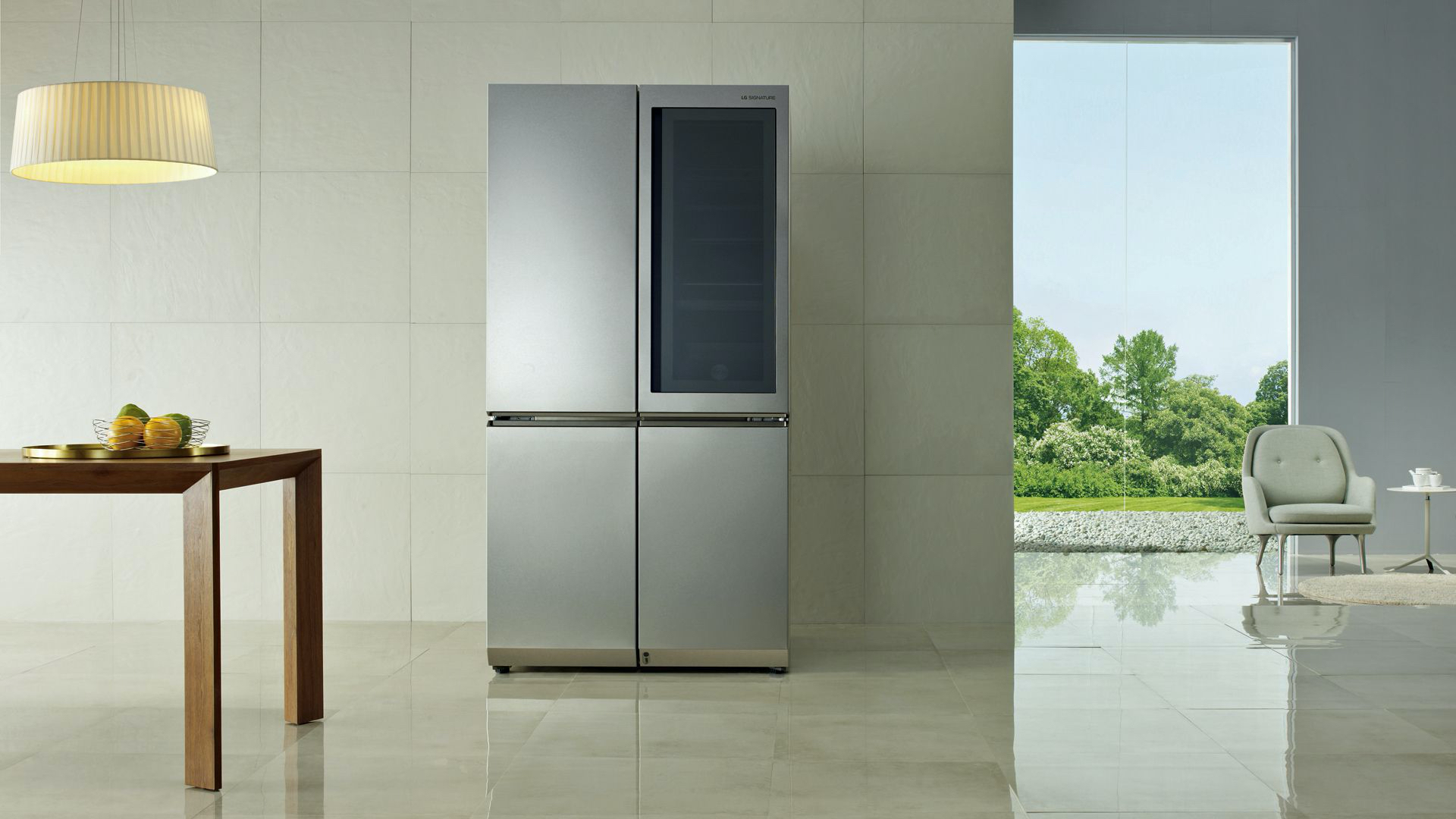
Want to cut down on food waste or prolong the life of your meals? Then you need to invest in the best freezer. Whether you prefer a model that’s connected to your fridge in the form of the best fridge freezer or you have a huge chilling container in your garage, freezers are the best for all your storing needs… and it’s always handy to have kilos of frozen chicken nuggets in case of emergencies.
But, as I’ve found in my ‘foods you should never’ series, there are some foods that are best kept out of your freezer. The main reason for this is that the cold temperature and moisture in your freezer can tamper with certain foods, which affects taste and texture when you defrost them for future consumption.
To help you avoid this, here are 9 foods you should never store in your freezer. For even more storage tips, check out the foods you should never store in the fridge.
1. Lettuce
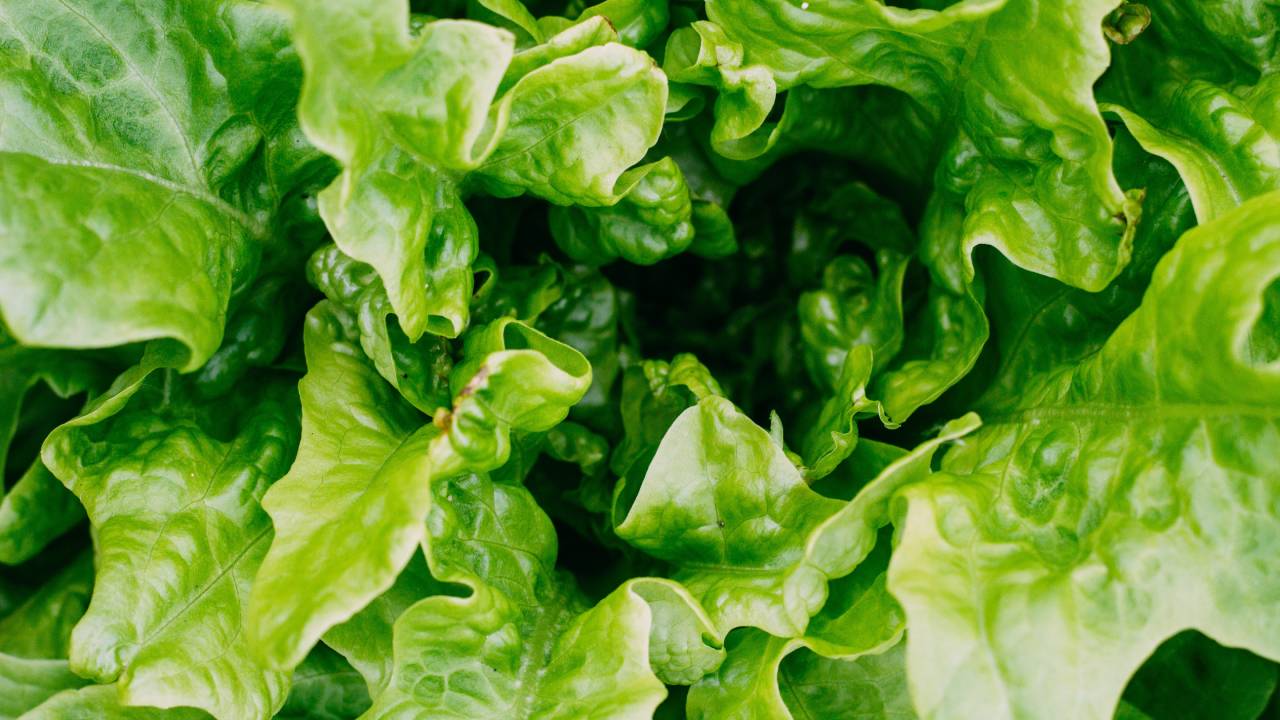
Lettuce and leafy greens are one of the worst things you can put in your freezer. Greens like lettuce, kale, spinach and cabbage have a high water content and when frozen and defrosted, they lose their shape and become overly watery, limp and wilted. This impacts the texture and flavour of your lettuce, and let’s be honest, no one wants a soggy salad. In general, it’s a rule of thumb to leave foods with a high water content out of the freezer, and that includes fruits and vegetables like watermelon, cucumber and celery.
2. Avocado
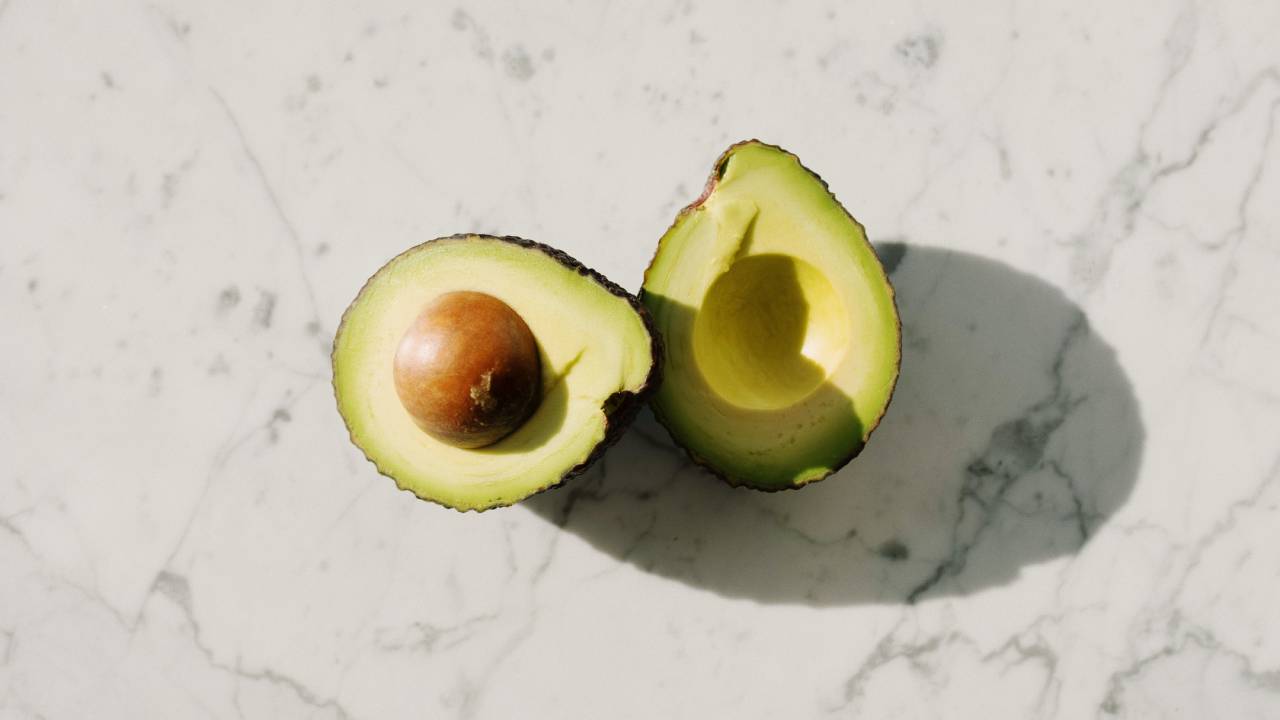
Waiting for avocados to ripen feels like it takes forever and you might think you can cheat the system by freezing them. Sadly, this is not the case. As an avocado thaws out, it becomes brown which is not only a signal that it’s gone bad but it also ruins the creamy texture. If you want to freeze an avocado for whatever reason, you’re better off using the frozen chunks to make a smoothie using the best blender.
3. Potatoes
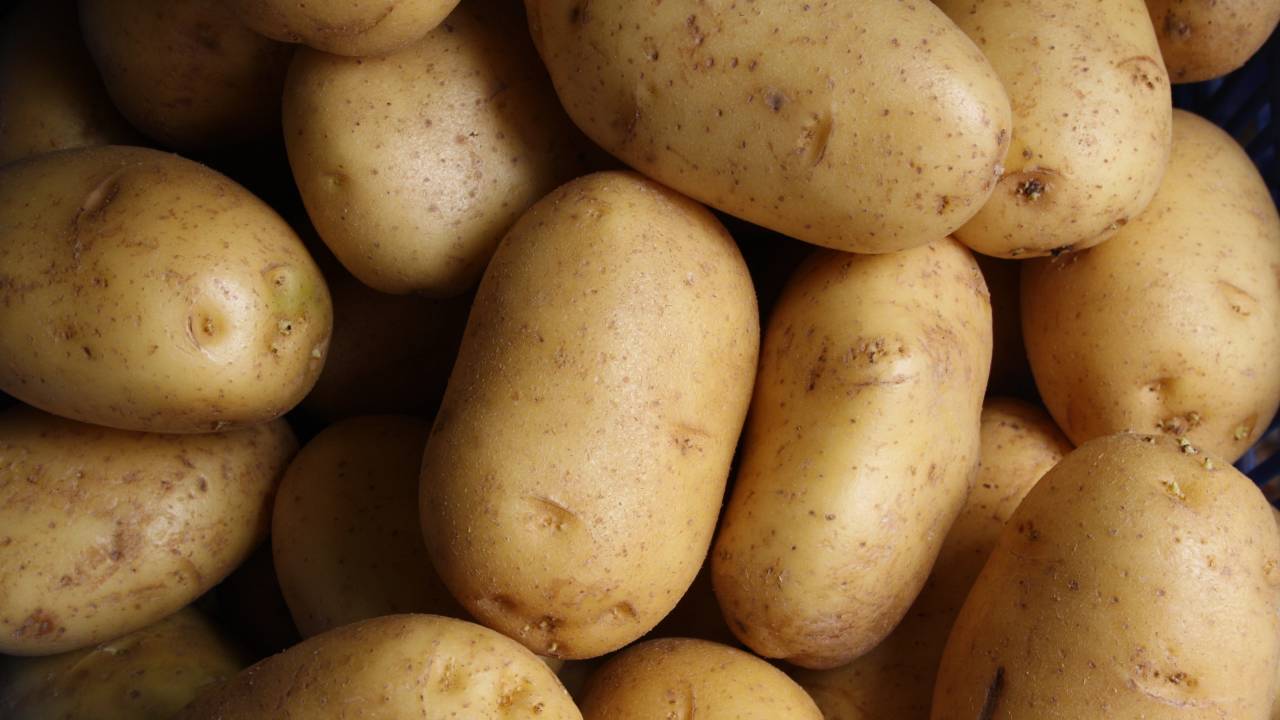
Potatoes aren’t the easiest thing to store and they should steer clear of your fridge and freezer, especially if they’re uncooked. Raw potatoes are full of starch which can turn to sugar in cold temperatures, which affects the texture and flavour. If you’ve frozen a potato and let it defrost for cooking, it’ll become too soft and it’ll taste grainy and gritty.
4. Eggs
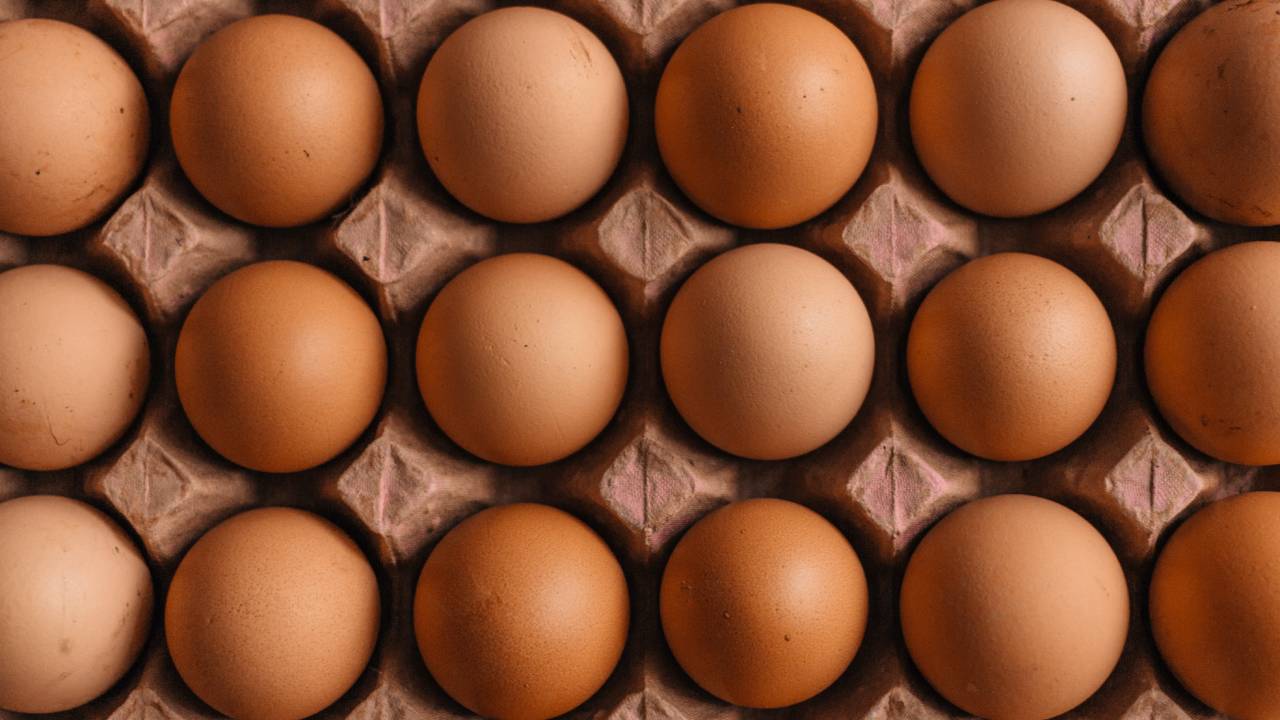
If you’re left with spare egg whites after baking or your box of eggs are going off, you might think that the solution is to pop them in the freezer. But whole eggs (meaning eggs in their shell) don’t fare well in a freezer. When an egg freezes solid, this causes the inside to expand in the shell which can crack and leak in your freezer. If this happens, it’s a messy situation and can contaminate other foods around them if bacteria grows. Cooked eggs should also steer clear of the freezer, as well as food with egg in it, like meringue and mayonnaise.
5. Dairy
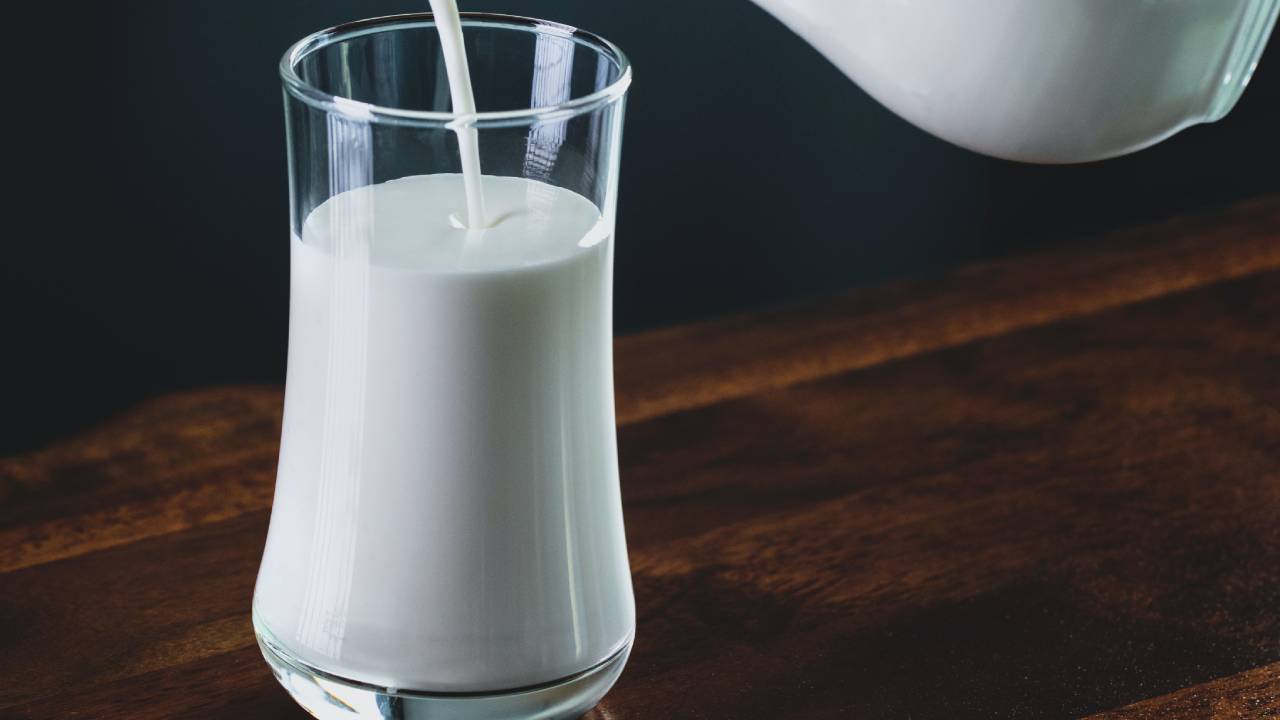
Never put dairy like milk, cream, soft cheese, yoghurt, buttermilk and custard in your freezer. After the freezing process, dairy can separate and curdle once defrosted which isn’t edible and changes the texture and consistency of your dairy products. For example, milk will either become watery or lumpy, both of which are clear signs that it’s gone off and shouldn’t be consumed. Frozen soft cheese also has the same results, although you can freeze certain aged and hard cheeses.
6. Gravy
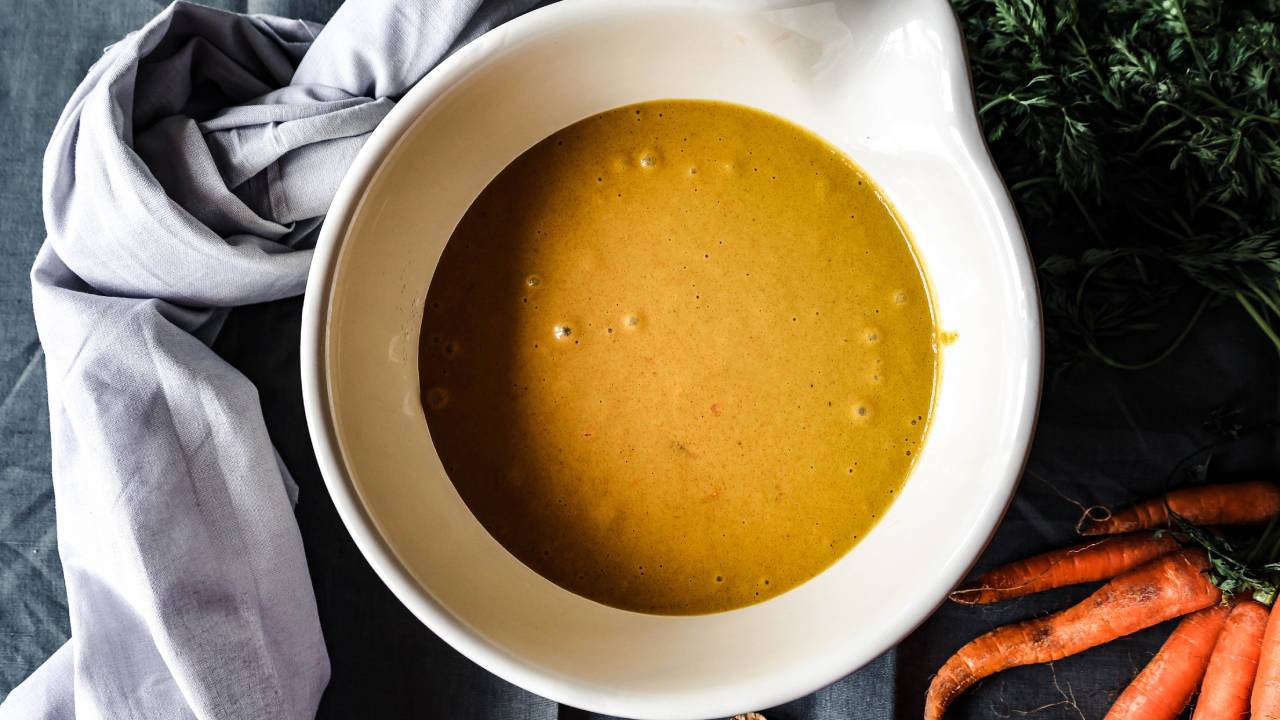
Leftover gravy is tricky to store but it should definitely not go in your freezer. Similar to freezing milk, once gravy is defrosted it can get extremely watery which affects its taste and appearance. If you’ve made your own gravy using thickeners like cornstarch, this can separate during the freezing process which isn’t appetising and doesn't look nice either when you come to use it again.
7. Pasta
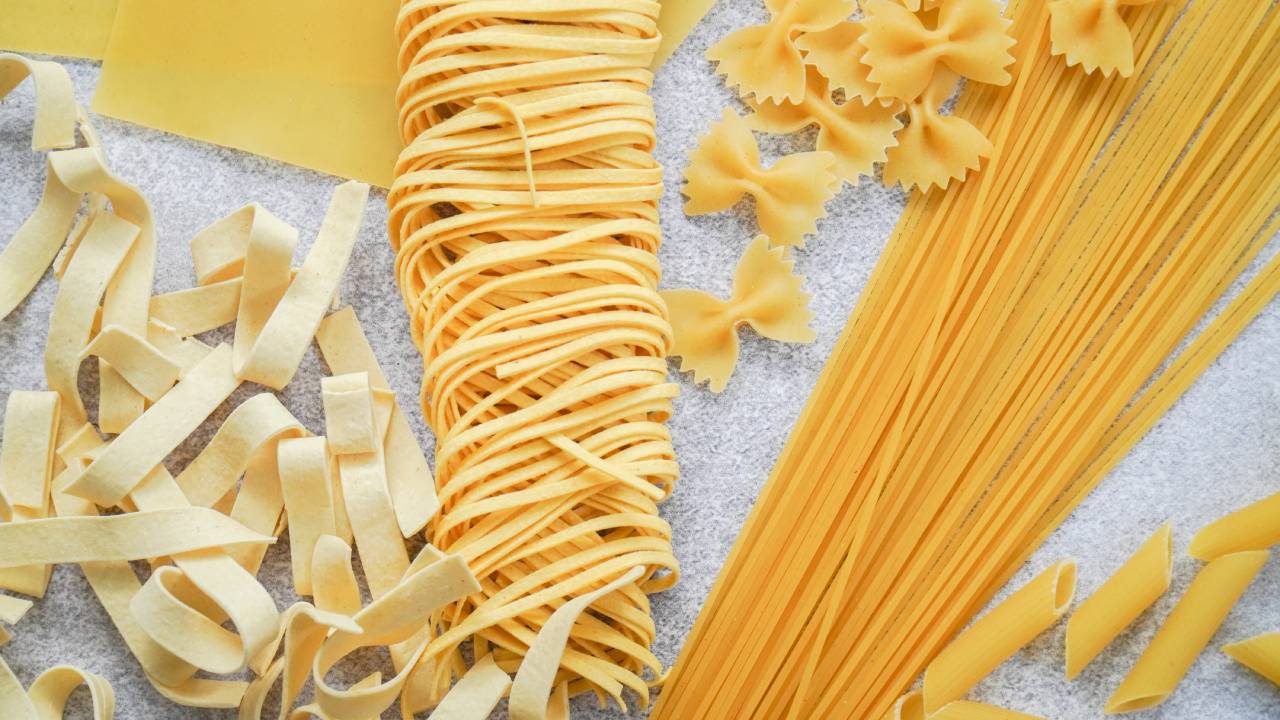
Cooked pasta and rice isn't the best for freezing. Can you freeze pasta? Technically yes, but once it’s defrosted, pasta can become soggy, squishy and mushy. This affects its flavour and feel, and depending on the sauce your pasta is in, reheating after freezing can leave your pasta bake extremely watery. Rice is particularly picky when it comes to temperature so to avoid any kind of food poisoning or anything more serious, it’s best to be kept out of the freezer.
8. Fried food
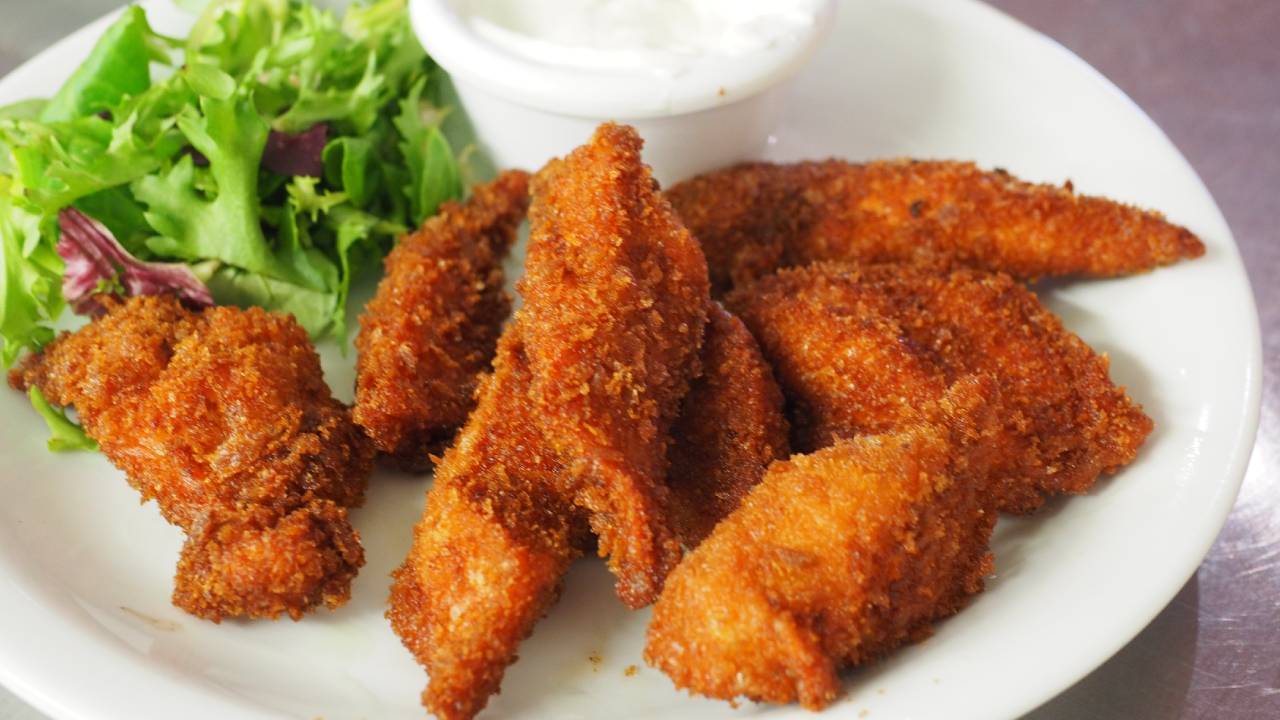
Freezing fried food isn’t recommended, mainly because fried food tastes better when it’s fresh. If you’ve made a big batch of fried chicken, you might be tempted to freeze it but once it’s defrosted, it’ll lose its crunch and will turn soggy which doesn’t taste or feel nice in your mouth. The same can be said for anything topped with breadcrumbs.
9. Anything that’s been thawed or defrosted
We’ve all been there where you’ve taken something out the freezer for dinner and then decided not to cook it. The temptation is there to throw it back in the freezer but if you’ve thawed or defrosted any type of food (especially meat and fish), it shouldn’t be returned to your freezer. As the food comes back to room temperature, bacteria grows and it stays with the food when you re-freeze it. When you defrost the food again and cook it, the bad bacteria can give you food poisoning.







